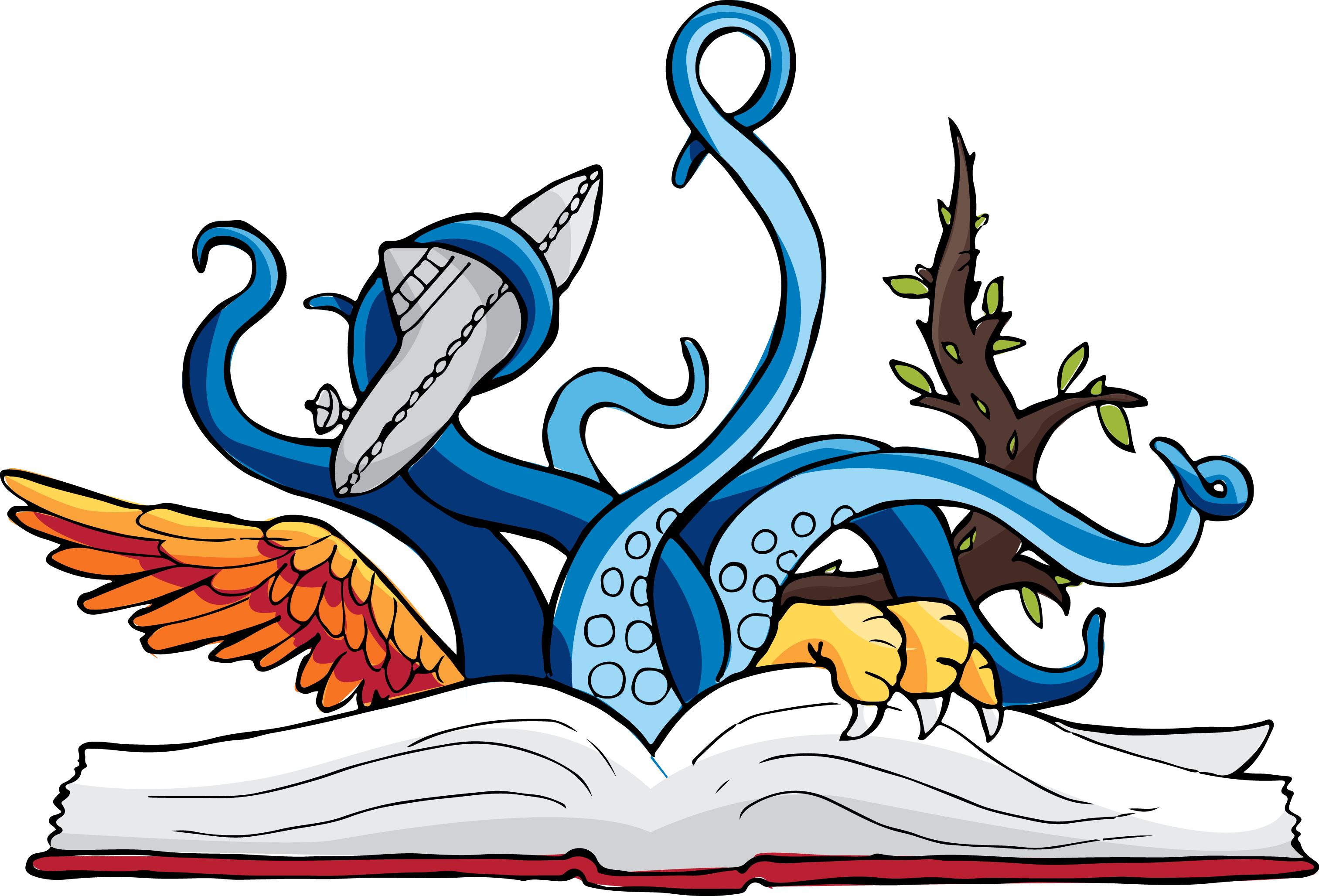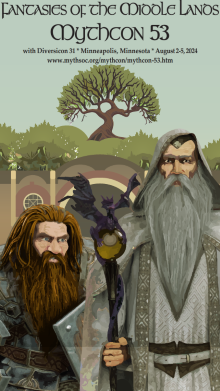Loading...
Location
Albuquerque, NM
Document Type
Paper
Event Website
https://www.mythsoc.org/mythcon/mythcon-52.htm
Start Date
31-7-2022 11:00 AM
End Date
31-7-2022 11:50 AM
Description
A theme for this year’s Mythcon is ‘The Alien’; there is perhaps nothing more alien to contemporary science fiction and fantasy discourse than Enlightenment philosopher Immanuel Kant. He represents much of what today’s fantasy, especially under the influence of Ursula K. Le Guin, opposes: a human-privileged universe predicated on rational control. But I argue that a Kantian reading of a scene in Le Guin’s novel The Lathe of Heaven can in fact enrich our understanding of Le Guin’s noted Taoist themes of action and inaction, complicating the preexisting scholarly consensus that the novel provides a straightforward critique of Western culture. In the scene in question, the novel’s antagonist Dr. William Haber confronts protagonist George Orr with Kantian language. Scholars Betsy Huang and Lewis Call have argued that Orr’s rebuttal is Taoist in nature, reflecting Le Guin’s philosophical preference for Taoism in opposition to Western rationality. But none have noted that Orr rebuts Haber’s arguments on Kantian terms as well as on Taoist terms; his Kantian language bleeds into Taoist language. Le Guin’s project, instead of rejecting a Kantian worldview altogether, decenters Kantian ethics from its sole focus on human rationality. In doing so, Le Guin draws a connection between Kantian ethics and Taoism, years before such a connection was explored in mainstream philosophical discourse.
Included in
“Crossings in Mist”: Kantian transformations in The Lathe of Heaven
Albuquerque, NM
A theme for this year’s Mythcon is ‘The Alien’; there is perhaps nothing more alien to contemporary science fiction and fantasy discourse than Enlightenment philosopher Immanuel Kant. He represents much of what today’s fantasy, especially under the influence of Ursula K. Le Guin, opposes: a human-privileged universe predicated on rational control. But I argue that a Kantian reading of a scene in Le Guin’s novel The Lathe of Heaven can in fact enrich our understanding of Le Guin’s noted Taoist themes of action and inaction, complicating the preexisting scholarly consensus that the novel provides a straightforward critique of Western culture. In the scene in question, the novel’s antagonist Dr. William Haber confronts protagonist George Orr with Kantian language. Scholars Betsy Huang and Lewis Call have argued that Orr’s rebuttal is Taoist in nature, reflecting Le Guin’s philosophical preference for Taoism in opposition to Western rationality. But none have noted that Orr rebuts Haber’s arguments on Kantian terms as well as on Taoist terms; his Kantian language bleeds into Taoist language. Le Guin’s project, instead of rejecting a Kantian worldview altogether, decenters Kantian ethics from its sole focus on human rationality. In doing so, Le Guin draws a connection between Kantian ethics and Taoism, years before such a connection was explored in mainstream philosophical discourse.
https://dc.swosu.edu/mythcon/mc52/schedule/17



Comments
Paper: Daniel Viorica
"Crossings in Mist": Kantian transformations in The Lathe of Heaven
Tech Mod: Ben Dressler